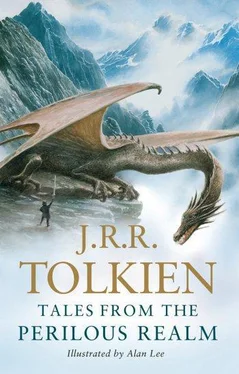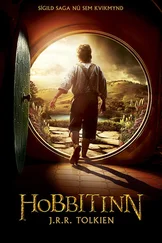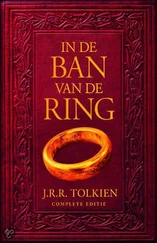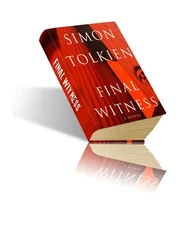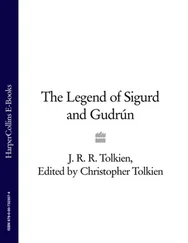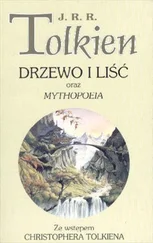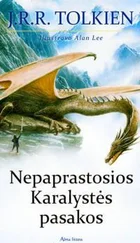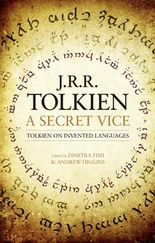At first, during the first century or so (I am merely giving his impressions), he used to worry aimlessly about the past. One thing he kept on repeating to himself, as he lay in the dark: "I wish I had called on Parish the first morning after the high winds began. I meant to. The first loose tiles would have been easy to fix. Then Mrs. Parish might never have caught cold. Then I should not have caught cold either. Then I should have had a week longer." But in time he forgot what it was that he had wanted a week longer for. If he worried at all after that, it was about his jobs in the hospital. He planned them out, thinking how quickly he could stop that board creaking, or rehang that door, or mend that table-leg. Probably he really became rather useful, though no one ever told him so. But that, of course, cannot have been the reason why they kept the poor little man so long. They may have been waiting for him to get better, and judging "better" by some odd medical standard of their own.
At any rate, poor Niggle got no pleasure out of life, not what he had been used to call pleasure. He was certainly not amused. But it could not be denied that he began to have a feeling of – well, satisfaction: bread rather than jam. He could take up a task the moment one bell rang, and lay it aside promptly the moment the next one went, all tidy and ready to be continued at the right time. He got through quite a lot in a day, now; he finished small things off neatly. He had no "time of his own" (except alone in his bed-cell), and yet he was becoming master of his time; he began to know just what he could do with it. There was no sense of rush. He was quieter inside now, and at resting-time he could really rest.
Then suddenly they changed all his hours; they hardly let him go to bed at all; they took him off carpentry altogether and kept him at plain digging, day after day. He took it fairly well. It was a long while before he even began to grope in the back of his mind for the curses that he had practically forgotten. He went on digging, till his back seemed broken, his hands were raw, and he felt that he could not manage another spadeful. Nobody thanked him. But the doctor came and looked at him.
"Knock off!" he said. "Complete rest – in the dark."
Niggle was lying in the dark, resting completely; so that, as he had not been either feeling or thinking at all, he might have been lying there for hours or for years, as far as he could tell. But now he heard Voices: not voices that he had ever heard before. There seemed to be a Medical Board, or perhaps a Court of Inquiry, going on close at hand, in an adjoining room with the door open, possibly, though he could not see any light.
"Now the Niggle case," said a Voice, a severe voice, more severe than the doctor's.
"What was the matter with him?" said a Second Voice, a voice that you might have called gentle, though it was not soft – it was a voice of authority, and sounded at once hopeful and sad. "What was the matter with Niggle? His heart was in the right place."
"Yes, but it did not function properly," said the First Voice. "And his head was not screwed on tight enough: he hardly ever thought at all. Look at the time he wasted, not even amusing himself! He never got ready for his journey. He was moderately well-off, and yet he arrived here almost destitute, and had to be put in the paupers' wing. A bad case, I am afraid. I think he should stay some time yet."
"It would not do him any harm, perhaps," said the Second Voice. "But, of course, he is only a little man. He was never meant to be anything very much; and he was never very strong. Let us look at the Records. Yes. There are some favourable points, you know."
"Perhaps," said the First Voice; "but very few that will really bear examination."
"Well," said the Second Voice, "there are these. He was a painter by nature. In a minor way, of course; still, a Leaf by Niggle has a charm of its own. He took a great deal of pains with leaves, just for their own sake. But he never thought that that made him important. There is no note in the Records of his pretending, even to himself, that it excused his neglect of things ordered by the law."
"Then he should not have neglected so many," said the First Voice.
"All the same, he did answer a good many Calls."
"A small percentage, mostly of the easier sort, and he called those Interruptions. The Records are full of the word, together with a lot of complaints and silly imprecations."
"True; but they looked like interruptions to him, of course, poor little man. And there is this: he never expected any Return, as so many of his sort call it. There is the Parish case, the one that came in later. He was Niggle's neighbour, never did a stroke for him, and seldom showed any gratitude at all. But there is no note in the Records that Niggle expected Parish's gratitude; he does not seem to have thought about it."
"Yes, that is a point," said the First Voice; "but rather small. I think you will find Niggle often merely forgot. Things he had to do for Parish he put out of his mind as a nuisance he had done with."
"Still, there is this last report," said the Second Voice, "that wet bicycle-ride. I rather lay stress on that. It seems plain that this was a genuine sacrifice: Niggle guessed that he was throwing away his last chance with his picture, and he guessed, too, that Parish was worrying unnecessarily."
"I think you put it too strongly," said the First Voice. "But you have the last word. It is your task, of course, to put the best interpretation on the facts. Sometimes they will bear it. What do you propose?"
"I think it is a case for a little gentle treatment now," said the Second Voice.
Niggle thought that he had never heard anything so generous as that Voice. It made Gentle Treatment sound like a load of rich gifts, and the summons to a King's feast. Then suddenly Niggle felt ashamed. To hear that he was considered a case for Gentle Treatment overwhelmed him, and made him blush in the dark. It was like being publicly praised, when you and all the audience knew that the praise was not deserved. Niggle hid his blushes in the rough blanket.
There was a silence. Then the First Voice spoke to Niggle, quite close. "You have been listening," it said.
"Yes," said Niggle.
"Well, what have you to say?"
"Could you tell me about Parish?" said Niggle. "I should like to see him again. I hope he is not very ill? Can you cure his leg? It used to give him a wretched time. And please don't worry about him and me. He was a very good neighbour, and let me have excellent potatoes very cheap, which saved me a lot of time."
"Did he?" said the First Voice. "I am glad to hear
There was another silence. Niggle heard the Voices receding. "Well, I agree," he heard the First Voice say in the distance. "Let him go on to the next stage. Tomorrow, if you like."
Niggle woke up to find that his blinds were drawn, and his little cell was full of sunshine. He got up, and found that some comfortable clothes had been put out for him, not hospital uniform. After breakfast the doctor treated his sore hands, putting some salve on them that healed them at once. He gave Niggle some good advice, and a bottle of tonic (in case he needed it). In the middle of the morning they gave Niggle a biscuit and a glass of wine; and then they gave him a ticket.
"You can go to the railway station now," said the doctor. "The Porter will look after you. Good-bye."
Niggle slipped out of the main door, and blinked a little. The sun was very bright. Also he had expected to walk out into a large town, to match the size of the station; but he did not. He was on the top of a hill, green, bare, swept by a keen invigorating wind. Nobody else was about. Away down under the hill he could see the roof of the station shining.
He walked downhill to the station briskly, but without hurry. The Porter spotted him at once.
Читать дальше
